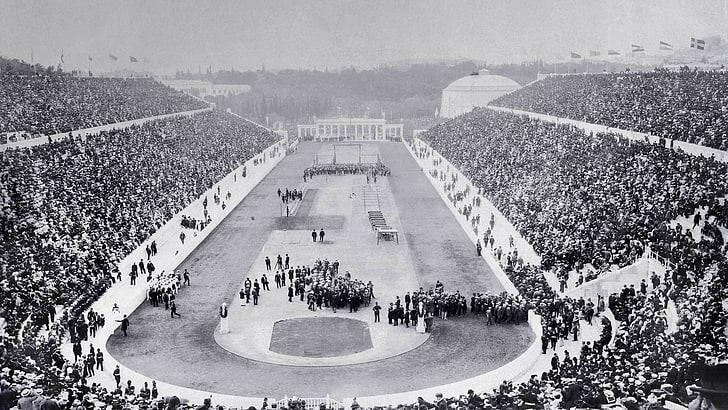Legend has it that Athens, the capital city of Greece, has an origin as mythical as the gods themselves. It is said that the city emerged from the depths of time, graced by the favor of the goddess Athena. From its ancient roots to its modern-day splendor, Athens has stood as a beacon of culture, knowledge, and democratic ideals.

Greek tragedy was born and flourished in ancient Greece. It is widely believed to be an extension of the ancient rites carried out in honor of Dionysus, and it heavily influenced the theater of Ancient Rome and the Renaissance. Tragic plots were most often based upon myths from the oral traditions of archaic epics. In tragic theater, however, these narratives were presented by actors. The most acclaimed Greek tragedians are Aeschylus, Sophocles, and Euripides. These tragedians often explored many themes of human nature, mainly as a way of connecting with the audience but also as a way of bringing the audience into the play. It reached its most significant form in Athens in the 5th century BC, the works of which are sometimes called Attic tragedy.

In the 8th century BC, Athens witnessed the birth of its first city-states. These early settlements laid the foundation for the region's economic and political union. Athens itself became a symbol of power and influence, embodying the values of ancient Greek civilization.
Majestic and bustling, the city of Athens thrived in its strategic location. It became a vital hub along trade routes connecting Greek cities with other Mediterranean civilizations. The city's vibrant marketplace and intellectual atmosphere attracted scholars, artists, and philosophers from near and far.
Athens experienced various periods of transformation throughout history. From Roman rule to Byzantine fortifications, the city adapted and evolved, absorbing influences, and leaving its mark on the world. It stood as a center of learning and creativity, nurturing great minds and producing timeless works of art and literature.
In the 19th and 20th centuries, Athens underwent significant changes that shaped its modern identity. Greece gained independence from the Ottoman Empire in 1830, and Athens emerged as the capital of the newly established nation. The city experienced rapid growth, embracing neoclassical architecture and planning principles. Renowned architects left their mark on the cityscape, creating magnificent buildings inspired by ancient Greek aesthetics. In 1896, Athens hosted the inaugural modern Olympic Games, showcasing its status as a center of athletic excellence.

Despite facing challenges such as wars and political upheaval, Athens embarked on a journey of modernization and urban renewal. It has become a vibrant cosmopolitan city, blending ancient heritage with contemporary allure. Today, Athens stands as a captivating destination, where the timeless wonders of its past coexist harmoniously with its dynamic present, drawing visitors from around the world to experience its rich history and cultural renaissance.
Images sources: https://www.wikipedia.org/, https://www.visitgreece.gr/


